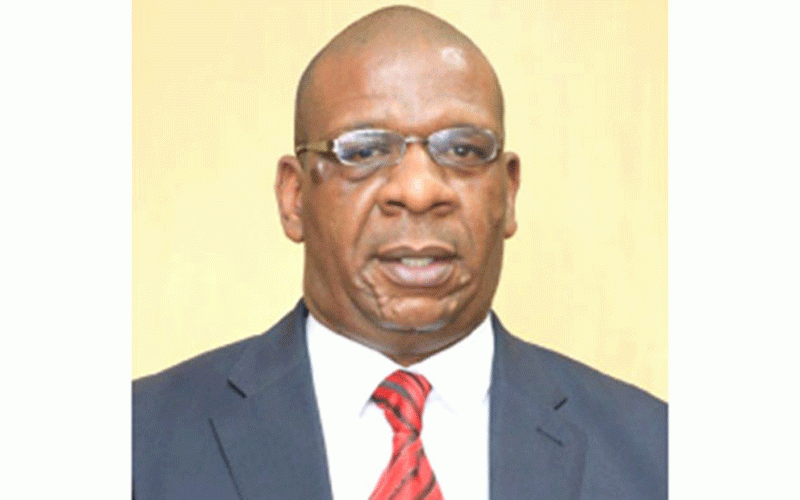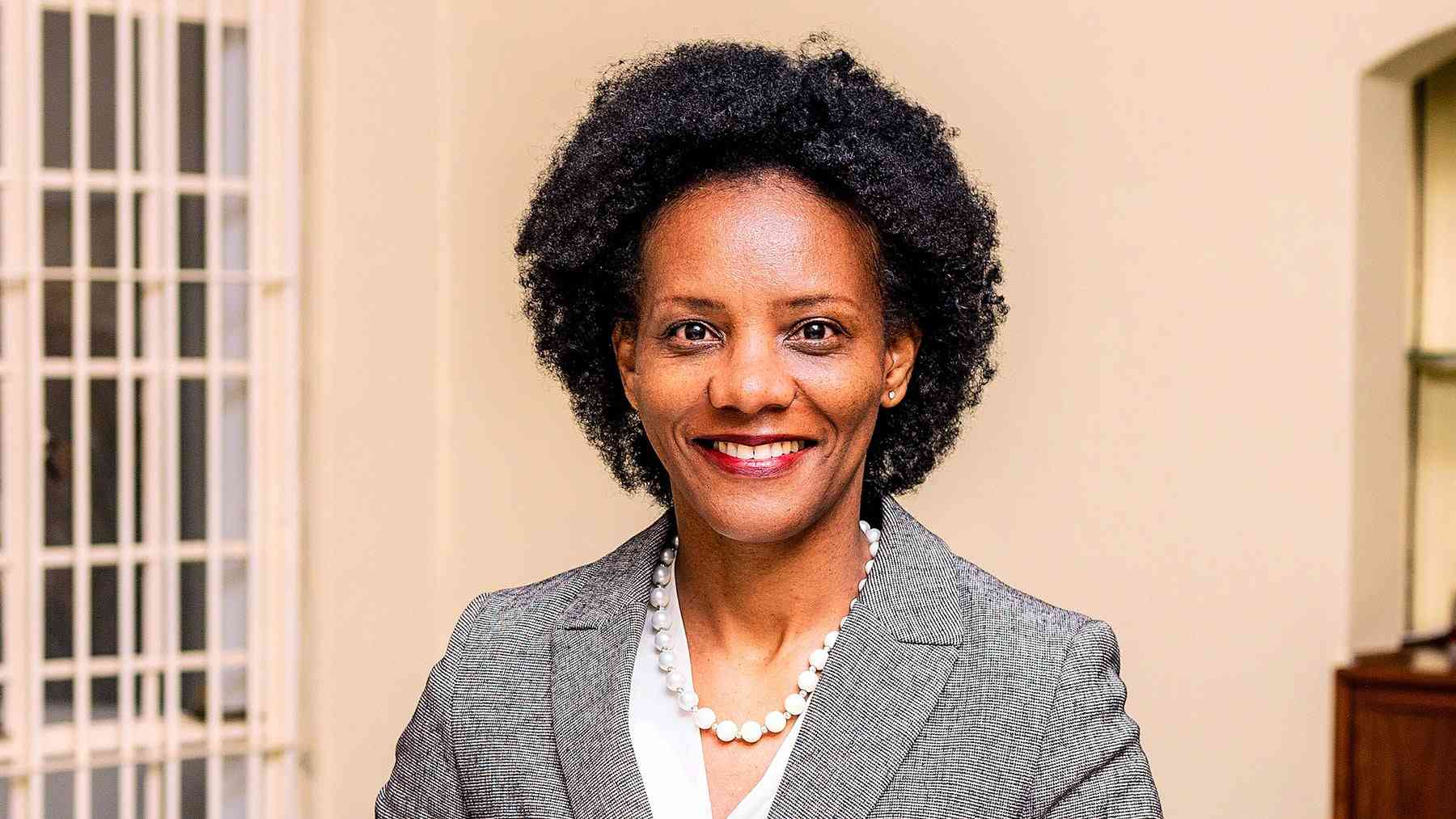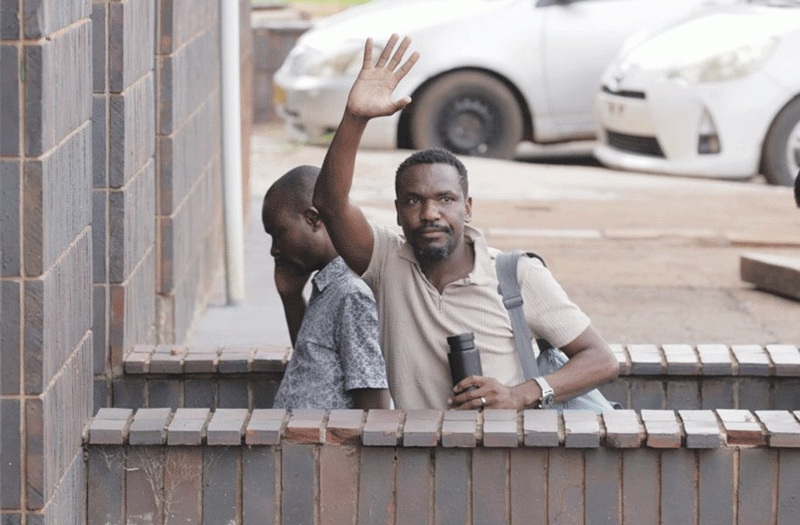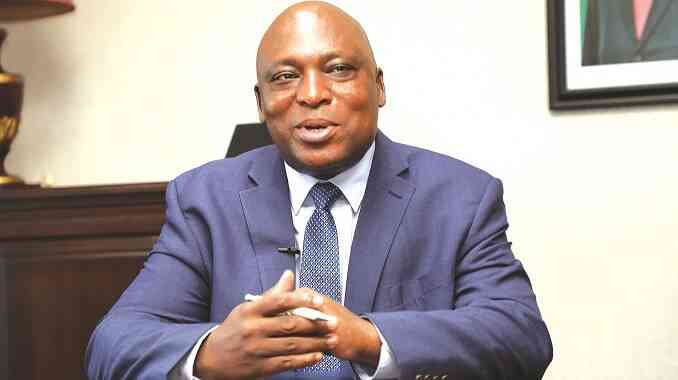
World Bank is mobilising US$20 million to empower women in the face of gender-based violence (GBV) wreaking havoc in Zimbabwe.
This comes after the Bretton Woods institution this week launched the Gender Assessment and Gender-Based Violence Assessment reports. The reports assess the extent of the scourge in Zimbabwe.
Early child marriages, sexual harassment, and physical violence against women and children are some of the gender-based violence cases prevalent in Zimbabwe.
The World Bank country manager, Eneida Fernandes told the Zimbabwe Independent the bulk of the US$20 million would be channelled towards creating economic opportunities for women. Ingrained patriarchal social norms, among other reasons, continue to perpetuate inequality against women and children.
“We are looking at identifying financing through trust funds that can help move this agenda,” she said.
“So, we have a trust fund that we are filing right now. We are estimating it will be around US$20 million. I would say that a good part of that will be for women's jobs and growth, and we hope to get more.”
Fernandes said more funds would be channelled to Zimbabwe if it clears its arrears with the World Bank. Zimbabwe’s public and publicly guaranteed debt was estimated at close to US$17,7 billion last year, with the bulk owed to global banks including the World Bank.
“The envelopes are very small, but we hope that with the structured dialogue and with us working with the government to clear the arrears, there will be a lot more money coming in,” Fernandes said.
- Making every day that of activism against GBV
- 16 days not enough, says Ruvheneko
- Churches best positioned to deal with GBV
- The style interview: Tozeza Baba addresses gender-based violence
Keep Reading
“We hope that everything that we are financing now will be on a pilot base because all these things, we can create and scale up as soon as the arrears are cleared. So, we hope to work with the government to get the arrears clearance moving ahead.”
Fernandes also noted that the World Bank is designing a concept note that underscores its commitment to complement government initiatives meant to create opportunities for women.
“The World Bank is designing a new country engagement note, which sets our commitment to work with the government, and gender will be part of this,” she said.
“There are a lot of progressive policies that have been put in place and I think one of the things is really at this point not about new policies, it is really about implementing what is there. We are committed to doing that in some key areas, for example on girls' empowerment and girl entrepreneurship. I think our role is based on this growth pattern and empowerment of women through job creation.”
Relating to the launched reports, the World Bank underscored that gender-based violence was escalating in Zimbabwe.
“The prevalence of gender-based violence is high, and incidences of several forms of GBV remain unchanged. In 2019, around 42,5% of women experienced physical and/or sexual violence, similar to the 43,4% rate reported in 2011 and higher than the global and regional averages of 27% and 33% respectively,” the World Bank said.
The reports also noted that social or cultural norms like ‘paying lobola’, child and forced marriages, have been major drivers of GBV.
“Harmful cultural practices include payment of lobola, a cultural practice, which treats women as property, to be traded for in-kind gifts or cash gifts at marriage, early child and forced marriage, virginity testing, wife inheritance, and widow disinheritance.
“Increased incidents of GBV during humanitarian situations have also been reported,” excerpts from one of the reports reads.
The report further states that refining the country’s legislation would help curtail GBV.
“National pieces of legislation addressing GBV include the 2007 Domestic Violence Act, the 2002 Sexual Offences Act, the Criminal Law Codification and Reform Act, the Legal Age of Majority Act of 1982, and the 2014 Trafficking in Persons Act, among others,” the report reads in part.
“In 2022, the Marriages Act was harmonised with the constitution to place the legal age of marriage at 18 years, for both men and women.”
The reports were launched by the World Bank in partnership with the
Ministry of Women Affairs, Community, Small and Medium Enterprises Development.











